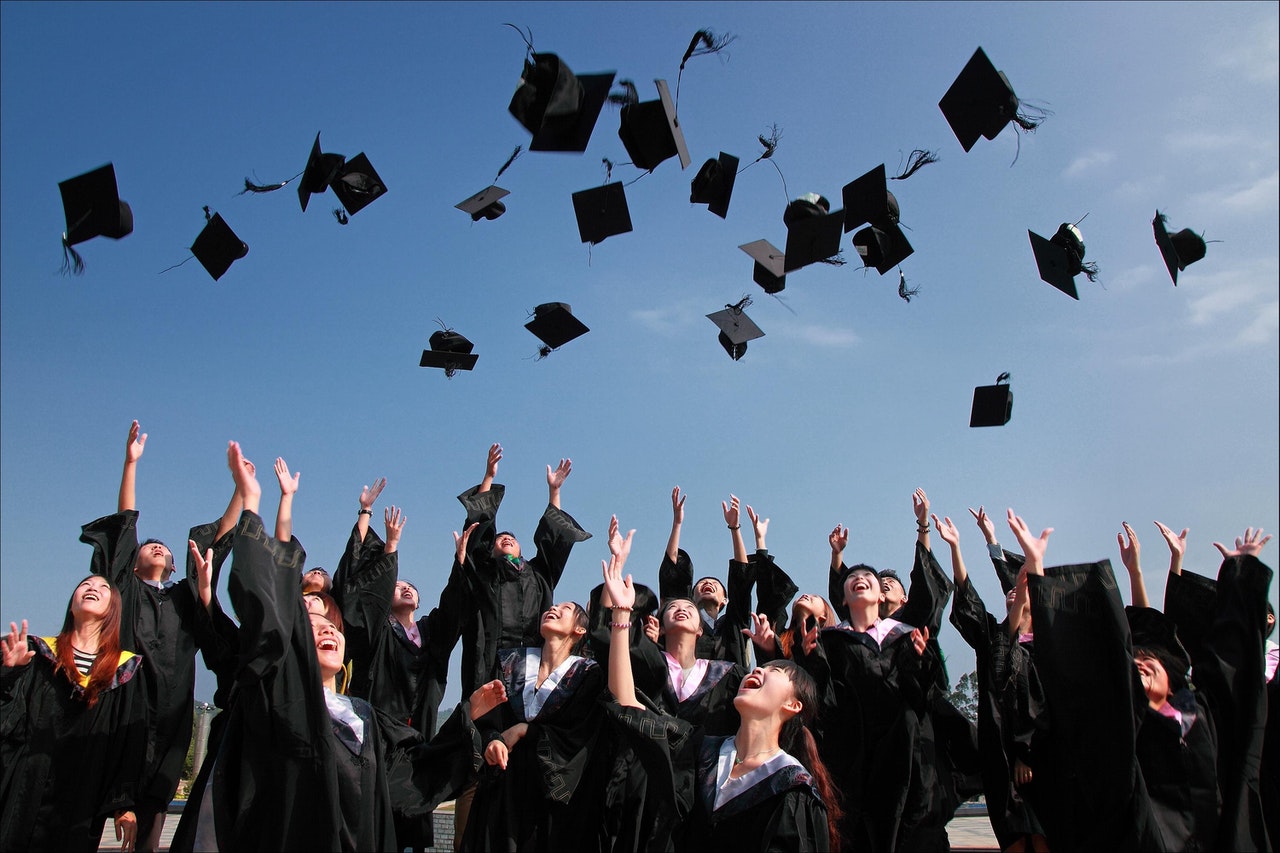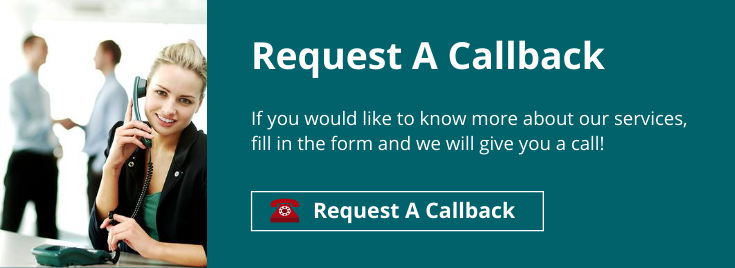
Many parents decide to privately educate their children based on the reputation of private schools for getting better exam results than the state sector. This is well-founded for both GCSEs and A-levels. In 2020, OFQUAL reported that 48.6% of private school pupils attained at least one A* or A grade A-level, compared to 21.8% of state pupils. For GCSEs, meanwhile, 32% of private pupils achieved an A* grade, compared with only 8%, on average, of state school pupils. There are several possible reasons for this:

1) Academic Selection
Many, but not all, independent secondary schools are academically selective, requiring prospective pupils to take the Common Entrance Examination at age 11 or 13, depending on the school. This ensures only the brightest pupils gain admittance to the school, increasing the chance of the school attaining good exam results. Ability-based scholarships are offered by some schools to increase the affordability of private education for exceptionally talented pupils.
2) Socio-Economic Background
Private schools generally admit pupils from more affluent family backgrounds. These children aren’t necessarily brighter than pupils from other backgrounds, but wealthier families may have more access to private tuition and extracurricular resources, and more time to dedicate to their child’s education.
3) Better Facilities And Resources
Many independent schools are better resourced than state schools, with more advanced facilities and equipment to help their pupils’ academic development.
4) Smaller Classroom Sizes
A significant difference between private and state schools are the number of pupils per class. In the state sector, average primary and secondary school classes include 25 to 30 students, compared to 10 to 15 students in private schools. This benefits children academically by means of the teacher being able to spend more time with individual pupils.
5) Teaching Resources
Many independent schools can afford to hire more teachers than their state-funded equivalents, further reducing the teacher to student ratio. Also, many of the country’s most experienced and highly qualified teachers are attracted to the private sector with the offer of higher wages and better career prospects.
Choosing The Right School For Your Child
When it comes to picking the best independent school for your child, it’s a highly subjective matter. Just because a private school has a reputation as ‘the best’, it doesn’t mean it’s necessarily the best choice to match your budget, ambitions, location, and the needs of your child. While you can be guided by markers of scholarly excellence, such as exam results and parent reviews, different schools offer vastly differing experiences, facilities, and specialisations alongside pricing and boarding plans. We recommend contacting a number of schools directly before making a decision.
Next Steps
If you are considering independent education then it is wise to assess how this will be funded now and for the years ahead. SFIA are a network of independent financial advisers specialising in school fees planning, saving, and support. We can help you assess your next steps financially, to facilitate your goals. Contact us today for a no obligation discussion.
Image Source: Pexels

